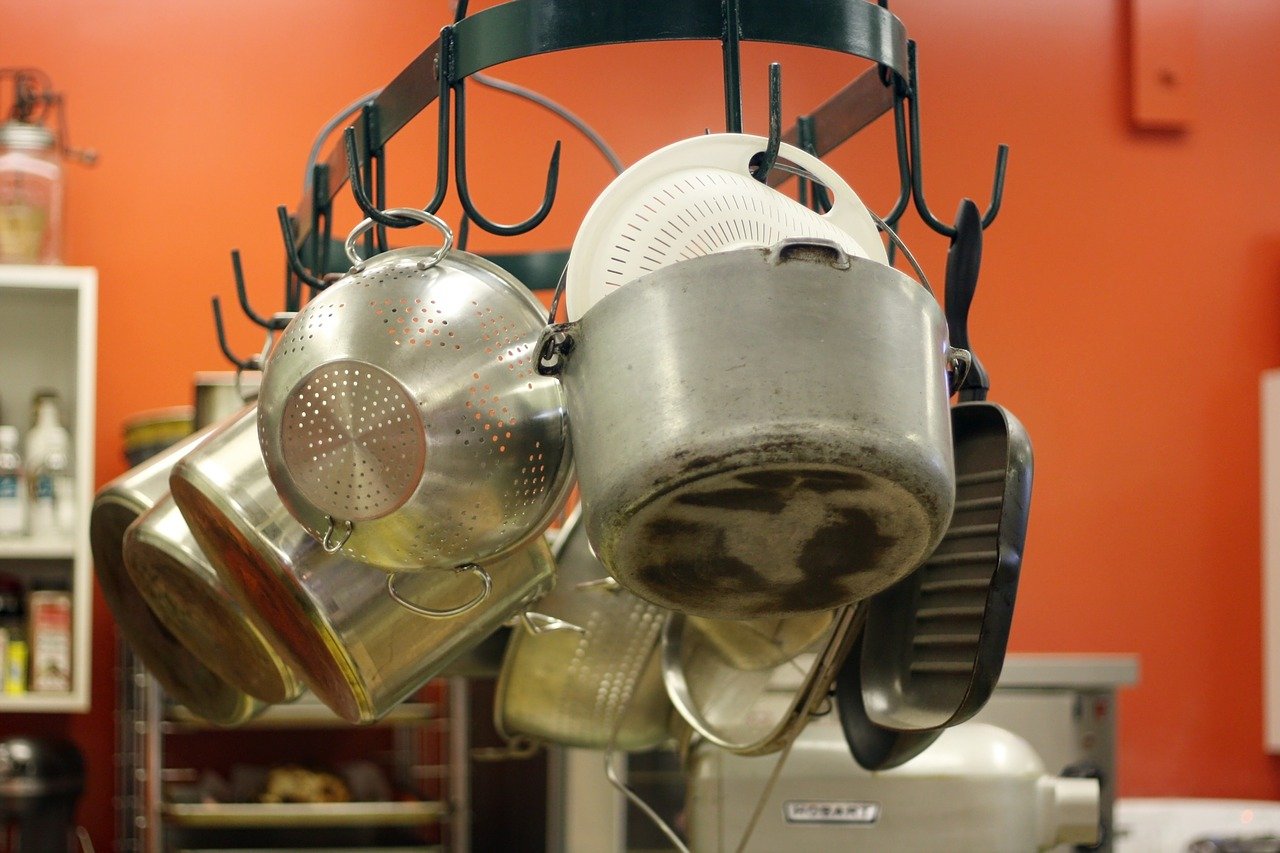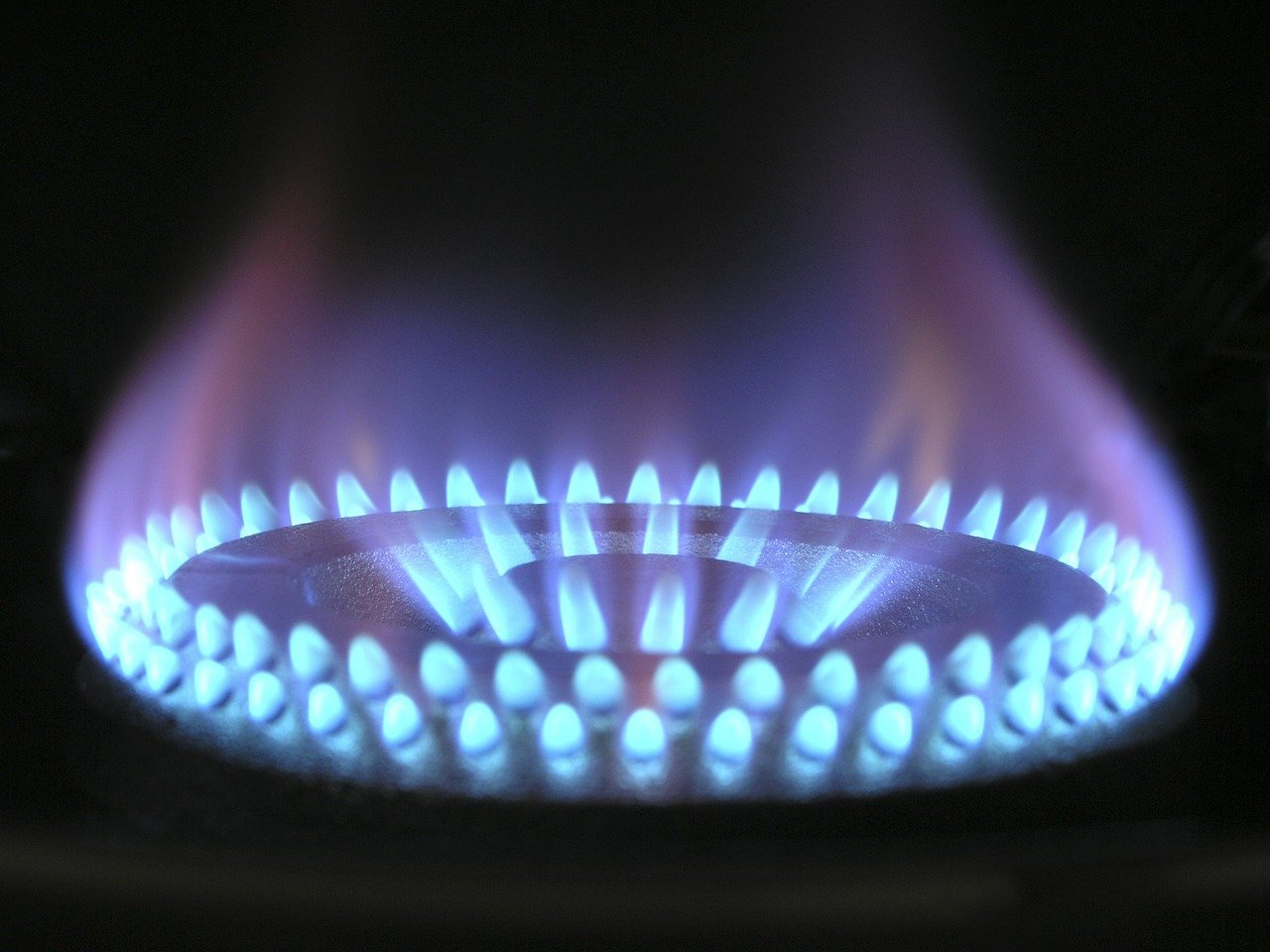Commercial kitchens involve a lot of cooking, which means appliances that generate heat. Not only that, but commercial kitchens are loaded with fats and oils and other combustible substances. For this reason, fire safety considerations are paramount in a commercial kitchen environment.
In this article, we’ll be taking a look at some key things to consider when it comes to fire safety in a commercial kitchen.
#1 – Staff Training Is Very Important
While most of the focus in a commercial kitchen is on getting the job done, your kitchen staff really need to be trained in fire safety, to help prevent fires occurring and so they know what to do if a fire does break out.
The most common firefighting equipment found in a commercial kitchen is a fire extinguisher, but these are not much use if no one knows how to use one.
Every second counts if a fire breaks out, so the faster someone can get the extinguisher onto the flames, the better.
The best way for staff to know what to do if an emergency arises is to have everyone trained by fire protection services professionals.
#2 – A Fire Sprinkler System Should Be Installed
Every commercial kitchen and restaurant should be equipped with fire protection sprinkler systems. In the event a fire breaks out in the kitchen or elsewhere on the premises, the sprinkler system will be activated, therefore quickly dousing the flames.
It’s important to have the right kind of fire sprinkler system installed so it’ll be most effective. Talk with a fire protection specialist about commercial fire systems and sprinklers for your kitchen. The right fire protection design can save lives and your business.
#3 – An Evacuation Plan Is Essential
For the safety of everyone who works in the kitchen, other staff and your customers, a concise evacuation plan needs to be mapped out. Preferably, signage should be displayed in the kitchen and throughout the premises that details the layout, so people can safely find their way outside if there is a fire, and an assembly point a safe distance away from the building should be established.
Without an evacuation plan and guides, it’ll be chaos if a fire does eventuate. The more of a fire protection and safety plan you have in place, there safer your commercial premises will be for everyone.
#4 – Have Your Equipment Inspected Regularly
All your fire safety equipment needs regular inspections to ensure everything is working as it should. This includes things like:
● Fire extinguishers
● Sprinkler systems
● Fire hoses/hydrants
● Emergency exit lights
● Smoke alarms
This will give you the peace of mind knowing that everything is in place and fully functional should you ever be faced with a fire emergency.
#5 – Commercial Kitchens Need To Be Kept Clean
All commercial kitchens get cleaned regularly, but there also needs to be regular deep cleaning of things like range hoods and filters, removing a build-up of flammable grease. Deep fryers should have the oil changed often, so a build-up of food debris doesn’t become a potential fire hazard.
Likewise, having loads of rubbish cluttering up the kitchen only serves as fuel for a blaze, so discarding the garbage and taking it outside on a regular basis throughout a shift is also very important.
#6 – Have Your Electrical System Periodically Inspected
An electrical short is one of the more common ways a fire can start in any building and it’s the same for commercial kitchens. A restaurant kitchen, for example, is using many appliances all at the one time. There are ovens and cooktops, deep fryers, microwaves, dishwashing machines and more.
Not only should you have an electrician periodically inspect the electrical system in your kitchen, but it’s also a wise idea to monitor all of your electrical appliances and have them regularly inspected as well.
Sometimes, it only takes a few sparks from a wire that’s shorted out to start a fire, and fires can spread rapidly in a kitchen.
In Conclusion
The best form of fire safety within a commercial kitchen environment is prevention. If staff are trained in best practices and everything is done to ensure a safe workplace, then preventing a fire from ever occurring is the most likely outcome.
Not all things are completely preventable though, so having up to date fire protection systems in place is essential.
Author Bio
Ken Thomas is the director at Total Fire Solutions, fire protection specialist in the Pacific Rim and one of the top 3 independent distributors for the Asia Pacific region. His vision is to create a ‘one stop shop’ fire protection company committed to NSW mining and heavy industry. He is passionate for and excited by the latest developments in fire protection technology.


